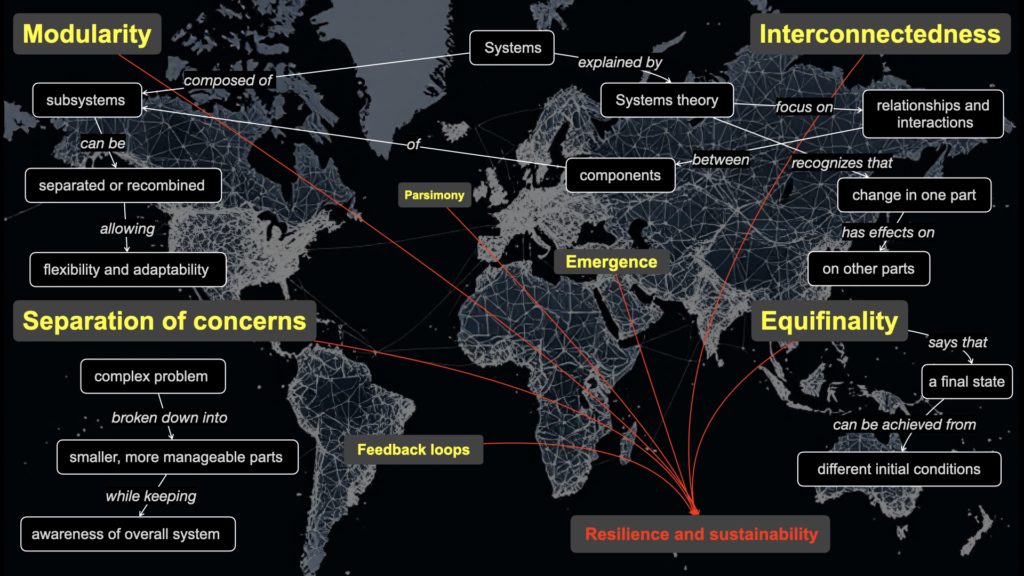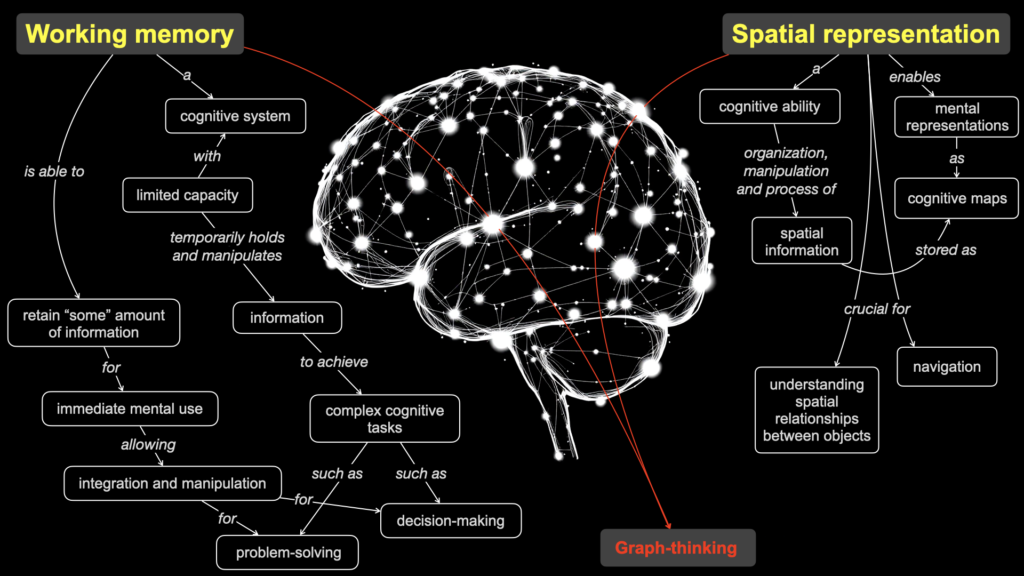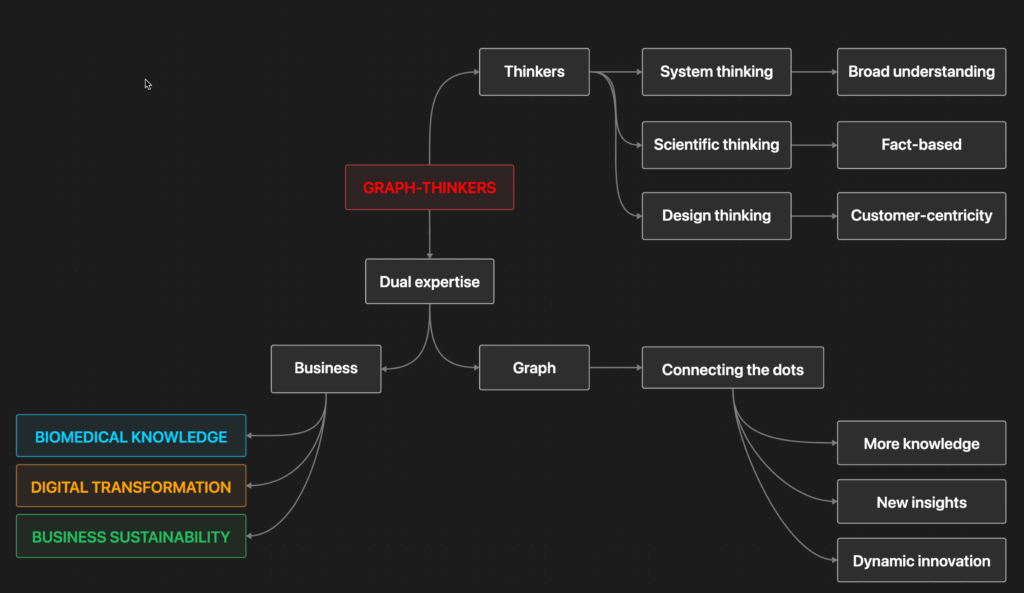Global Businesses require Global Thinkers
System thinkers are gifted when it comes to navigating the complex, interconnected nature of global businesses. Most organizations have interactions with multiple countries and cultures, facing diverse regulatory environments, economic fluctuations, supply chain and geopolitical uncertainties.
System thinkers, equipped with tools to digitally handle business complexity (e.g. Knowledge graphs), excel at understanding intricate relationships. They anticipate the ripple effects of changes, make informed decisions, and promote sustainable solutions in an ever-evolving global landscape.
System thinkers foster innovation by viewing organizations as interconnected networks rather than isolated parts, uncovering hidden opportunities through non-linear thinking. They strengthen resilience and competitiveness by driving
-
- system robustness
- continuous improvement
- aligning strategies
- enabling businesses to anticipate
- shape future trends

Unique Cognitive Skills
Graph-thinkers exhibit special cognitive abilities: high-performing semantic memory and outstanding mental spatial representation.
- Semantic or working memory, which involves the structured storage of facts, concepts, is crucial for graph-thinking as it allows individuals to store and organize a large amount of information at the same time.
- Spatial representation abilities supports the mental display of information in a network-like structure where nodes represent concepts and edges represent the relationships between them.
The combination of semantic memory and spatial representation enables the effective processing of information, allowing individuals to make connections between unrelated pieces of data and intuitively grasp their inter-dependencies.

A Dual Expertise required for Digital Transformation
Digital transformation (incl. data management/governance) is not a one-size-fits-all approach. Each organization has its unique culture and strategy which are crucial to define and implement a digital strategy.
Failing to consider corporate culture and specific business factors is a primary reason for the failure of digital transformations. Moreover, time constraints and the pressure to deliver quick and visible results make it nearly impossible to establish foundational work. Building digital foundations demands considerable time and effort, and it’s not particularly appealing, making it difficult to communicate effectively.
A BioMedima, we seek out and collaborate with individuals who possess both a strong business acumen in life sciences and graph-thinking capabilities. These skills ensure that we consider the context complexity while always keeping the end goal of a digital product in mind, ultimately adding value to the business.

